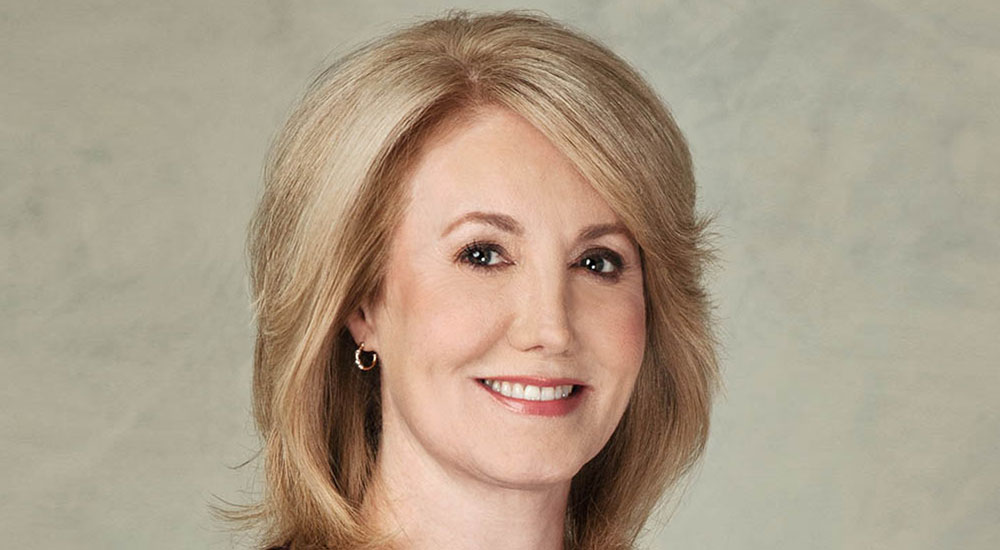Blending technology and compassion into new normal

Booz Allen Hamilton expects the changes made in response to the pandemic will have a lasting positive impact on myriad work processes, such as decision making, goal setting, resource allocation and simply supporting each other. The pandemic compressed timelines for initiatives such as strategic plans and technology rollouts, previously long-drawn processes. This crisis has increased the speed with which we model and assess risks, and compressed the time and information needed to make decisions. It is a seismic shift in how we solve problems, and Booz Allen Hamilton does not anticipate we will go back to the old way of doing things once the crisis is over.
For human resource professionals, the impact is most likely to be on recruitment and retention. Booz Allen Hamilton predicts that videoconferencing apps such as Webex and Zoom will have a greater effect than just on team dynamics and dress codes. They are potentially game changers for the ways in which businesses interact with candidates.
Understandably so, given the ease, savings and convenience of video conferencing. In-person interviews as part of standard recruiting might even become something of a rarity, even if the candidate is in the same city.
For human resource managers, there is a lot of learning to be gleaned from this new way of working –be it the importance of cybersecurity training for remote working set-ups or the increased emphasis on physical and mental health initiatives.
Booz Allen Hamilton would recommend human resource managers document these experiences and businesses get started on their pandemic crisis playbook. Recording your experiences and those of your employees and clients, helps in evaluating what works and to discard what does not. A crisis playbook such as this helps human resources be more prepared for future disruptions. It will help you stay strong and keep moving forward.
People now understand the art of the possible when it comes to working differently, and this will undoubtedly change the future of work. Even the most traditional businesses are opening up to different ways of work and collaborating.
In some ways, social distancing has brought us closer. However, technology cannot compensate for the human need for connection. Without meeting in person, functions such as mentoring, onboarding new hires and team building – aspects of work life that require warmth and a human touch – can be challenging.
Perhaps, we may see the evolution of a hybrid model of work that combines remote work with some amount of team interactions in the physical realm. How businesses and human resource functions strike the balance between remote work and human interaction will define the nature of work in the future.
Above all, we need to ensure that the lessons learned from this experience will help us evolve a technology-led yet more compassionate work model for the post-pandemic business landscape.

Key takeaways
- Do not anticipate we will go back to the old way of doing things once the crisis is over.
- A crisis playbook helps human resources be more prepared for future disruptions.
- People now understand the art of the possible when it comes to working differently.
- Even the most traditional businesses are opening up to different ways of work.





